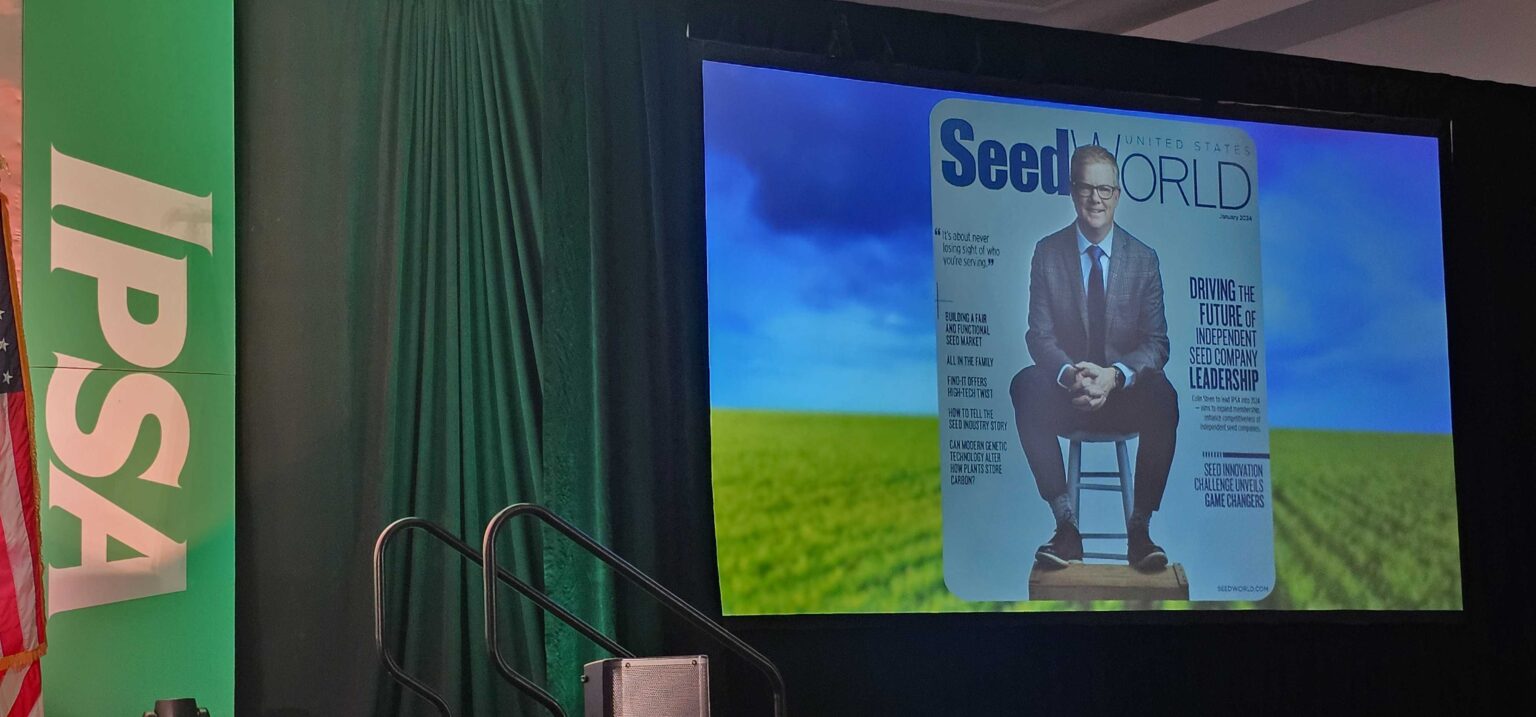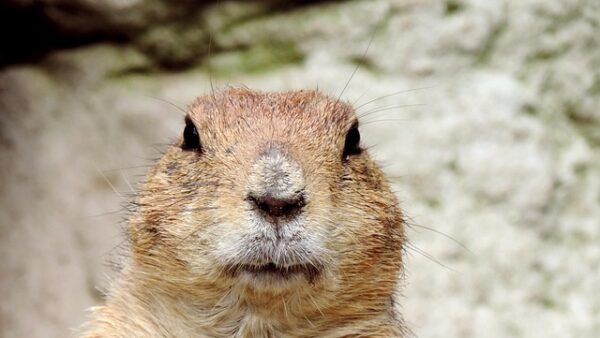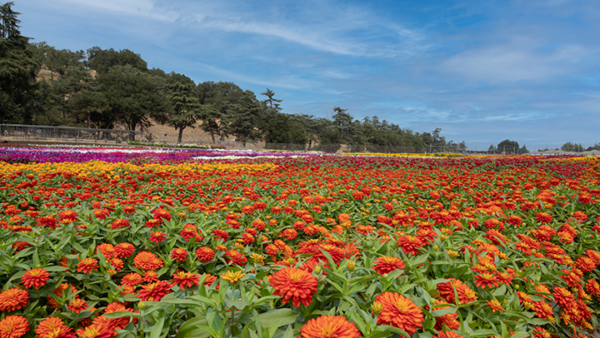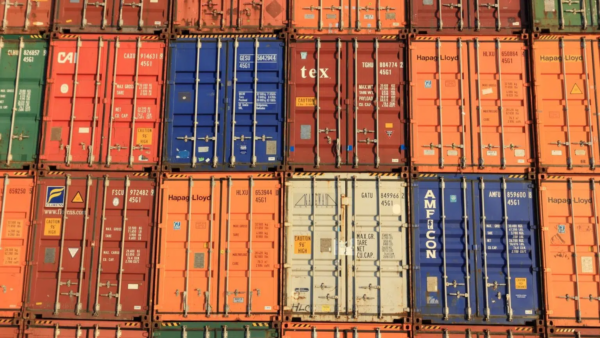What a week in Indianapolis. Congrats to the organizers on a successfully executed conference. Congratulations to Chris Latham on a full year of leading the IPSA board and best wishes to newly installed president Colin Steen.
And the Award Goes to…
IPSA presented its inaugural Independent of the Year Award to Carl Peterson, president of Peterson Farms Seed. According to Peterson Farms Seed’s website, Peterson grew up and still lives in the homeplace his grandfather purchased in 1918. As an entrepreneur and small business owner, he thrives on problem solving. Peterson also entertained the crowd at the closing dinner with his piano playing skills
Generative A.I. has Wide, Real-World Appeal for the Seed Industry
Generative AI is making significant strides in the agricultural and in the seed industry. Various high impact applications include early detection and prevention of crop diseases, optimizing resources in precision agriculture, improving crop yield, plant breeding advancements and more.
Lars Dyrud, CEO for EarthOptics, led a session on the last day of IPSA’s annual conference about real-world applications of generative A.I.
“Generative AI will change everything,” he said.
Integrating data from drones, soil sensors and satellites can enable timely interventions and reduce crop loss. A.I. can aid in precise application of irrigation, fertilizers and pesticides to enhance resource use and reduce environmental impacts for a more sustainable operation.
Generative AI can use data on soil properties, weather patterns and plant traits to optimize agricultural yield, providing recommendations for targeted improvements and efficient resource use. It can also accelerate genetic advancement in crop breeding by analyzing extensive databases on plant genetics and characteristics, helping breeders identify effective breeding strategies.
Dyrud asked attendees to think about ways that AI will affect their businesses.
“Agriculture has the chance to benefit more than other sectors,” he said. “There aren’t enough experts in agriculture to walk around with every farmer through all the decisions they could make or help them understand the impact of that technology for their actual operation. There just aren’t enough people out there able to do that. These tools are going to help that process.”











